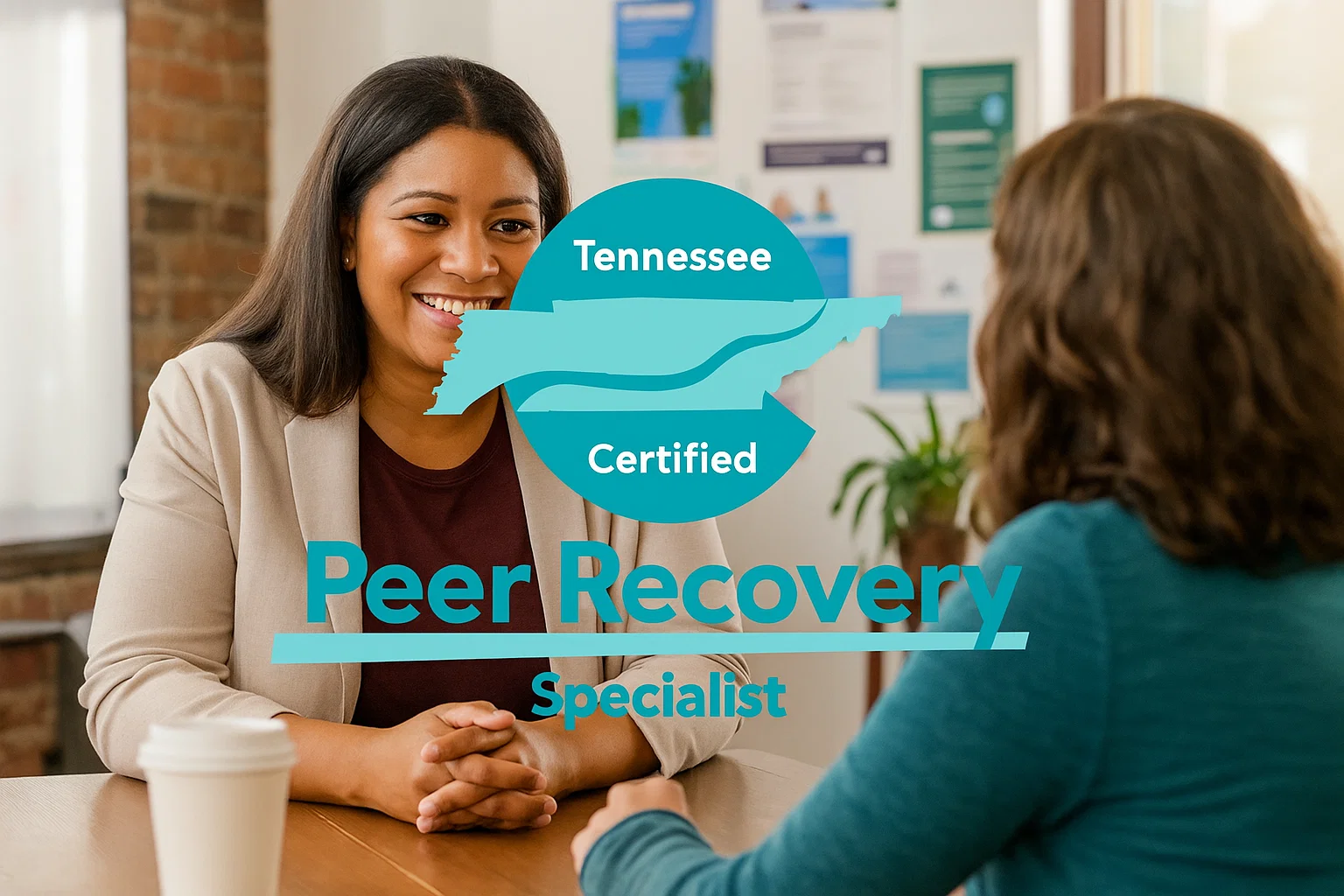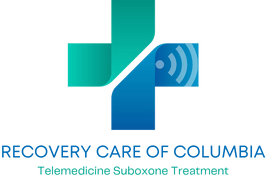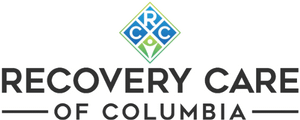Columbia Suboxone Clinic Blog
Tennessee Peer Recovery Support Specialists: How to Find Help

When you’re navigating the challenges of addiction or mental health recovery, having someone who truly understands can make all the difference. That’s the power of a Certified Peer Recovery Support Specialist (CPRS) — someone who has walked the path themselves and is trained to support others on their journey.
In Tennessee, Peer Recovery Support Specialists play a vital role in helping people recover from substance use disorders, mental illness, or co-occurring conditions. These individuals are living proof that recovery is possible — and they are ready to help you find your way, too.
🔹 What Is a Peer Recovery Support Specialist (CPRS)?
A Certified Peer Recovery Support Specialist is someone who has:
-
Lived experience with mental health and/or substance use recovery
-
Completed specialized training through the Tennessee Department of Mental Health and Substance Abuse Services (TDMHSAS)
-
Received certification to provide structured, non-clinical support services to others in recovery
Peer support is not therapy or case management. Instead, it’s a person-to-person connection built on empathy, trust, and shared experience.
🔹 What Do Peer Support Specialists Do?
CPRS professionals offer support by:
-
Helping you set recovery goals
-
Sharing strategies for coping and staying sober
-
Providing emotional support and encouragement
-
Connecting you with treatment programs, support groups, or housing
-
Assisting with transportation, appointments, or basic needs
-
Helping you re-enter the workforce or pursue education
Many people say talking to a peer is the first time they felt truly heard without judgment.
🔹 How to Connect with a Peer Support Specialist in Tennessee
Tennessee makes it easy to reach out to a peer through several programs:
📞 Call the Peer Support Call Center
-
Number: 1-800-560-5767
-
Hours: 6 a.m. to 10 p.m. Central Time, 7 days a week
-
Who Answers: Certified peers, not clinicians
-
Why Call: Talk with someone who understands what you’re going through, right when you need support — without judgment or pressure
➡️ Learn more at:
https://www.tn.gov/behavioral-health/mental-health-services/peers/call-center.html
🏢 Visit a Peer Support Center
There are more than 30 Peer Support Centers across Tennessee, offering:
-
Drop-in services
-
Support groups
-
Life skills training
-
Social activities
-
Referrals and goal planning
These centers are free to attend and open to anyone 18+ with a mental health or substance use condition.
➡️ Find a center near you:
https://www.tn.gov/behavioral-health/mental-health-services/peers/find-a-center.html
🔹 Why Peer Support Works
Unlike traditional clinical services, peer support is built on mutual understanding and shared hope. Studies show that peer services:
-
Reduce hospitalizations
-
Improve recovery outcomes
-
Increase treatment engagement
-
Help people build healthier relationships and communities
🔹 How to Become a CPRS in Tennessee
If you’re in recovery and want to give back, you might consider becoming a Certified Peer Recovery Support Specialist.
To qualify, you must:
-
Be in recovery for at least 24 months
-
Complete a 40-hour CPRS training program
-
Pass a written exam and background check
More details here:
https://www.tn.gov/behavioral-health/cprs.html
🧭 Tennessee’s Commitment to Recovery
The Tennessee Department of Mental Health and Substance Abuse Services (TDMHSAS) is a national leader in peer-led recovery support. Through funding, training, and outreach, the state has built one of the strongest peer support systems in the U.S.
🚀 Ready to Talk to Someone Who’s Been There?
Recovery is real — and you don’t have to do it alone. Whether you’re struggling with opioids, alcohol, depression, or anxiety, help is just a phone call away.
📞 Call a Tennessee Peer Support Specialist now: 1-800-560-5767
It might be the most important call you ever make.
Other Addiction Resources
- Substance Abuse and Mental Health Services Administration (SAMHSA)
- Centers for Disease Control and Prevention | CDC.gov
- National Institute on Drug Abuse
- National Center on Substance Abuse and Child Welfare
- DEA.gov – Opioid addiction-related articles



